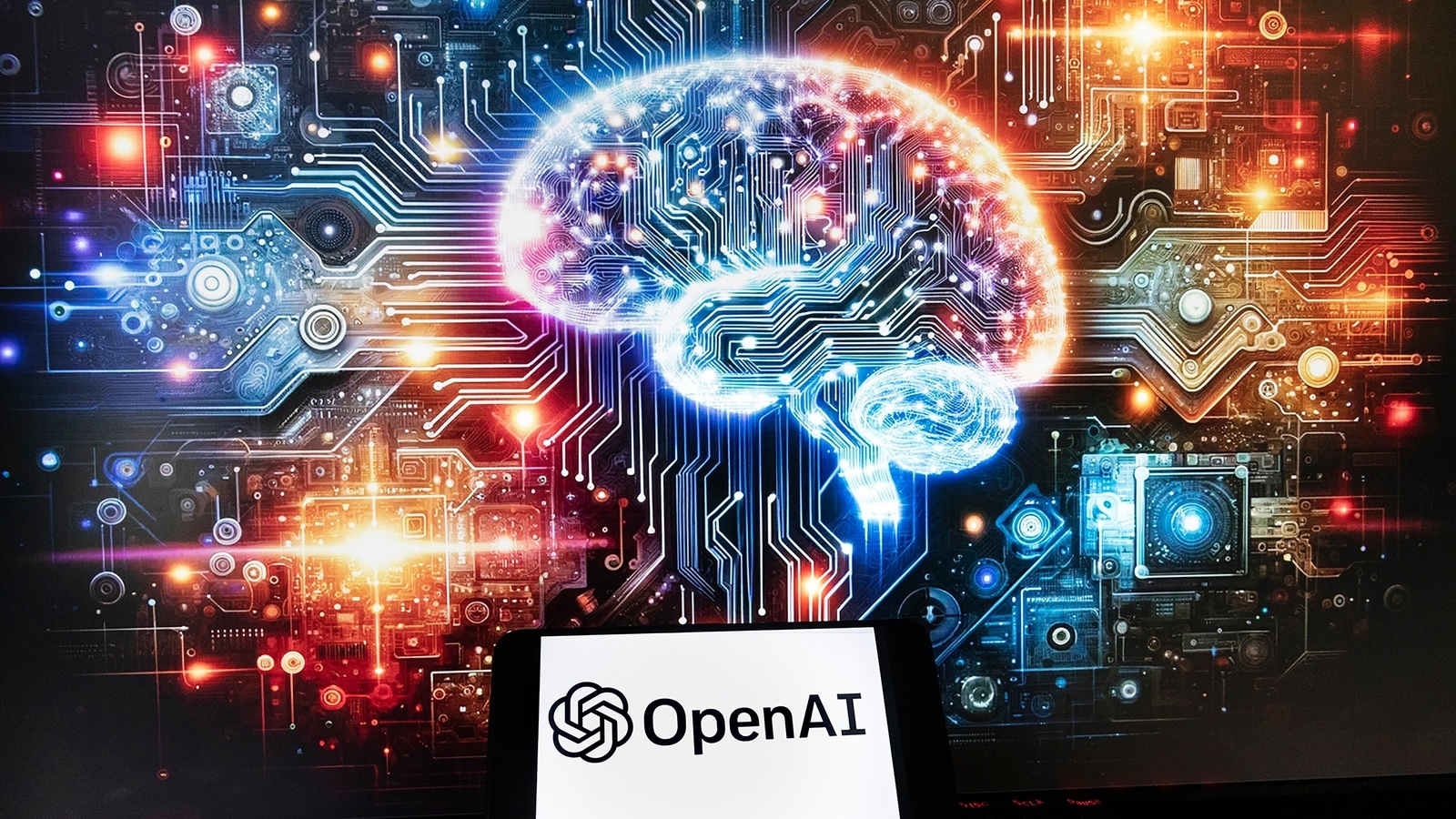A Unanimous opinion is shared by the distinguished experts, according to the thorough research carried out by universities in Lancaster and Manchester. They have analyzed the potential risks associated with the rapid advancements in computer technology, particularly in software development and artificial intelligence.
Their forecasts predict that there will be significant progress in artificial intelligence (AI) and connected systems, changing the contemporary world into a computer-driven one. However, they have dismissed the potential impact of two overhyped innovations, namely blockchain and quantum computing. The experts warned about the dangers associated with rapid advancements in AI technology, envisioning catastrophic consequences if not used prudently.
One of the major risks highlighted by the experts is the potential for competition in the AI industry, which could lead to reckless decision-making as developers race to gain a technological edge. This over-ambition coupled with the complexity and superior capabilities of AI systems could result in catastrophic failures. For example, a lapse in testing could lead to a glitch in the control systems of AI-powered cars, causing fatalities on a global scale.
Furthermore, the experts raised concerns about the emergence of generative AI, which could blur the lines between real and fake media. This could lead to a situation where it becomes virtually impossible to distinguish between genuine content and deception, posing a threat to public trust.
Additionally, the intricate interconnectivity of the systems could lead to invisible cyber attacks that are difficult to trace. A scenario described by the experts involves a cybercriminal hacking into an app that controls household devices, causing widespread power outages without leaving a trace of the origins of the sabotage.
To address these potential risks, the experts have proposed a multifaceted approach. They advocate for the development of software that is capable of validating its own output, thereby ensuring its own safety. Moreover, they emphasize the need for continued application of safety measures in new technologies to uphold security standards.
There is also a call for collaborative efforts between humans and technology to develop new educational disciplines and government regulations to ensure responsible development and deployment of AI technology. The experts are of the opinion that technical solutions alone will not suffice. Instead, they stress the need for a holistic approach, integrating human skills and new methods of education into the technological advancements.
The collective expertise provided by the futurists outlines a range of tools to mitigate the potential problems associated with the future of computer technology. Their recommendations aim to channel the promising potential of technological advancements towards a safe and secure future. Therefore, as we welcome the advancements in computer technology, we must also heed the warnings provided by these experts to ensure a reliable and secure future.


